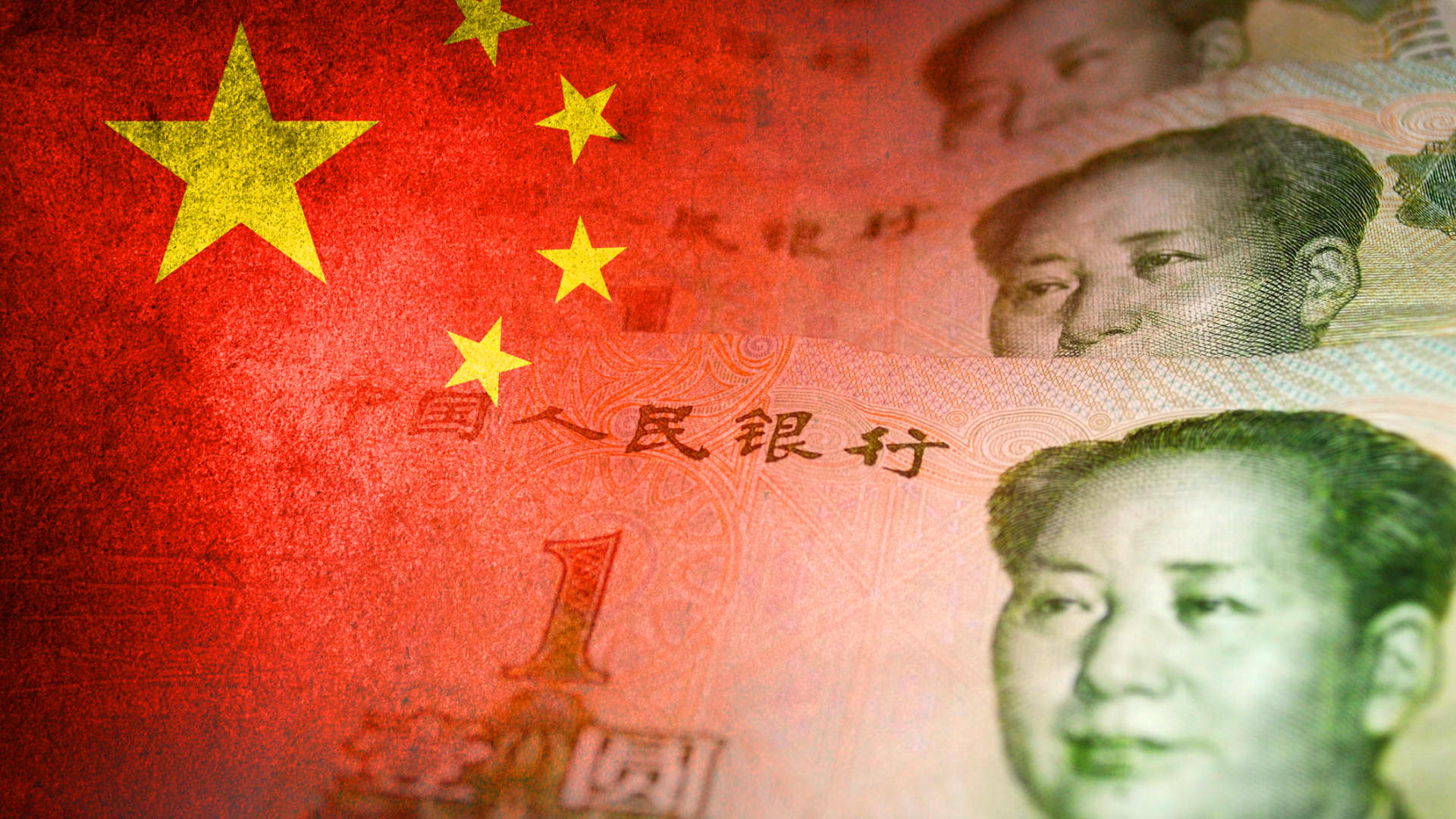© Reuters.
By Jason Xue and Clare Jim
SHANGHAI/HONG KONG (Reuters) -Faced with a liquidity crisis, Zhongzhi Enterprise Group will conduct a debt restructuring, the Chinese asset manager has told investors, as a deepening property sector downturn raises fears about spillover risks to the broader financial sector. Beijing-based Zhongzhi, which has sizable exposure to realestate, has stopped payment to investors in all investmentproducts, its management told investors in a meeting onWednesday, the video seen by Reuters showed.
Zhongzhi’s financial trouble is the latest challenge forChinese authorities as they battle to contain a worseningproperty sector crisis and revive a faltering recovery in the world’s second-largest economy.
Asset managers like Zhongzhi raise hundreds of billions of dollars by selling shadow banking-linked and high-yielding investment products through trust and wealth management units, and have strong linkages with banks and other financial firms.
A string of defaults in China’s $3 trillion shadow banking sector could have a chilling effect across the economy as many individual and institutional investors are exposed to the trust products. Zhongzhi has hired one of the Big Four accounting firms toconduct a comprehensive audit of the company, and is seekingstrategic investors, its management told investors inWednesday’s meeting. The plan is for “self-rescue” through restructuring, with afocus on debt collection and asset liquidation, but bankruptcyis also an option, they added, without disclosing the amount ofdebt that needed to be restructured. It was not possible to determine whether the company isinsolvent before the completion of auditing work, which began inJuly, the executives told its investors, according to the videoseen by Reuters. Zhongzhi, which, according to domestic media, manages over 1trillion yuan ($136.70 billion) in assets, did not immediatelyrespond to a request for comment. The meeting was held after Zhongrong International Trust Co,a leading trust company controlled by Zhongzhi, missed payments on dozens of investment products since the end of July, Reuters reported on Wednesday, citing sources. Anxious retail investors are bombarding listed companies with questions about their exposure to Zhongrong after missed payments by the trust company triggered fears of contagion across the country’s financial system. Citigroup (NYSE:) said in a note it expected more trust defaults dueto the property sector downturn in China, but that trend wasunlikely to lead to a “Lehman moment” scenario. “As the problems in the property development sector are notnew and have already been unfolding for several years, we thinkinvestors would have already psychologically prepared for thepotential of defaults.” PROPERTY CRISIS The liquidity stress facing Zhongzhi highlights the rippleeffect of an unprecedented debt crisis in China’s propertysector, which accounts for roughly a quarter of the economy that has rapidly lost momentum in recent months.
Zhongzhi runs a shadow banking empire, holding stakes in five asset management companies, four wealth management firms, and Zhongrong International Trust, a major trust company thatmanages more than 700 billion yuan ($95.69 billion) of assets. The group has been selling stakes in some listed companiesit controlled over the past few years, and reducing the size ofit business, which came under increased pressure after China’scrackdown on shadow banking, and the property market downturn. China’s property market has lurched from one crisis toanother in the last couple of years with a string of leadingdevelopers including China Evergrande Group and SunacChina defaulting on their debt repayment obligations. Country Garden, the country’s largest privatedeveloper, has become the latest to flag a stifling liquiditycrunch at a time when property investment, home sales and new construction have contracted for more than a year.
Evergrande said late on Wednesday it would delay the votingdate and scheme meetings with creditors for its offshore debtrestructuring plan to Aug 23 and Aug 28, respectively, to givecreditors more time to consider the terms. The delay comes after the deal this week to sell a 27.5%stake in its unit China Evergrande New Energy Vehicle Group, and swap part of the debt in the NEV unit owed to theparent company and current controlling shareholder into shares. Evergrande is the first defaulted developer to hold schememeetings and its years-long restructuring practice highlights the challenges facing its peers to put their operations to back on track. ($1 = 7.3155 renminbi)















